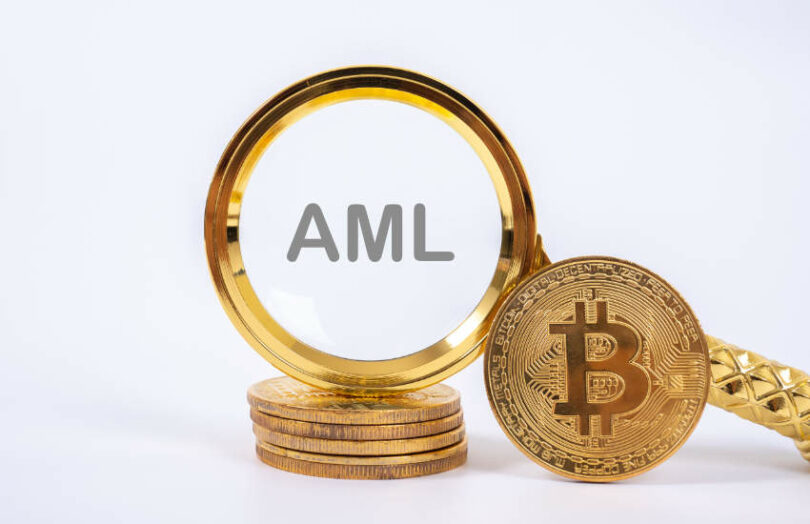. Privacy currencies and anonymous cryptographic wallets could soon become history in the European Union. As part of a radical review to harden the rules against money laundering, the EU has announced plans to prohibit both before July 1, 2027. The message is clear: Crypto can stay, but it has to play according to the same rules as the rest of the financial system. Regulators make it clear that privacy currencies in the EU will not be tolerated under the updated AML framework.
The new rules are in the updated regulation of the block laundering block of the block, or AMLR, and are already shaking conversations about privacy, surveillance and future of decentralized finances.
What the prohibition covers real
The proposal is not just a weak on the wrist. Anonymous cryptography accounts throughout the EU would be completely prohibited. That means that encryption service providers, exchanges and even financial institutions would be prohibited from offering services that do not collect customer identification.
The EU will prohibit anonymous cryptographic accounts and privacy currencies for 2027. pic.twitter.com/h1qd3RRSB0
– Mr. Man (@MrmanxRP) May 2, 2025
If you are a fan of cryptocurrencies focused on privacy such as Monero (XMR), ZCASH (ZEC) or Dash, prepare for a verification of reality. The EU is aimed at thesis currencies specifically, saying that they make it too easy to hide transactions and move the illicit money without detecting.
Regulation also imposes stricter controls in cryptographic transfers. If the transaction is greater than 1,000 euros, the identity of the sender and the receiver must be verified. That approaches cryptographic rules much more in line with traditional banking.
EU Ban Privacy Coins: Who will look?
To ensure that the new rules are not just words on paper, the EU is establishing a new agency called Anti-Money Laverering, or AMLA. This agency will directly supervise up to 40 suppliers of cryptographic asset services in at least six EU countries. These companies must have more than 20,000 users or handle more than 50 million euros in annual transactions to be on Amla’s radar.
Discover: 9+ best high -risk crypto and high reward to buy in March 2025
The objective here is to prevent regulatory mosaics between the Member States and prevent shaded actors from going to the borders to find the weakest supervision.
Why does it matter
Many have criticized the movement. Critics argue that prohibiting privacy coins and anonymous wallets is a hard hand approach. He could suffocate innovation and undermine personal privacy. These tools, they say, are not just for criminals. The activists, journalists and people use them to protect financial privacy in an increasingly digital world.
On the other hand, regulators believe that this is a necessary step to prevent cryptography of being the dream of a money washer. And with the global pressure assembly to put in line cryptography with financial regulations, the EU is being positioned as a leader in the application.
What this means for the future of privacy currencies in the United Kingdom
The deadline of 2027 of the EU will force some serious changes in the way cryptography operates within its borders. Service suppliers will need to build robust systems of their customers and rethink how they handle privacy tools. It is not yet evident if other regions will follow their example, but one thing is clear: Europe is ending the days free of anonymous crypto.
Discover: 20+ Next Crypto to explode in 2025
Unique the discord of 99Bitcoins News here for the latest market updates
Key control
-
The European Union will prohibit privacy currencies and anonymous cryptographic wallets as of July 1, 2027, under its updated regulation against money laundering (AMLR).
-
Financial exchanges and institutions will be forbidden to offer services that do not include customer identification, directly impacting coins such as Monero, ZCash and Dash.
-
AML rules also require identity verification for cryptographic transfers of more than € 1,000, aligning cryptographic transactions with traditional banking standards.
-
A new EU agency, the anti-launching money authority (AMLA), will supervise the main cryptographic companies operating in the block, pointing to suppliers with more than 20,000 users or € 50 m+ in annual volume.
-
Critics warn that the prohibition can suffocate innovation and violate financial privacy, while regulators argue that it is vital to combat illegal finances in cryptographic space.
The subsequent coins of privacy face the EU prohibition under the new AML rules from 2027 first appeared in 99Bitcoins.



